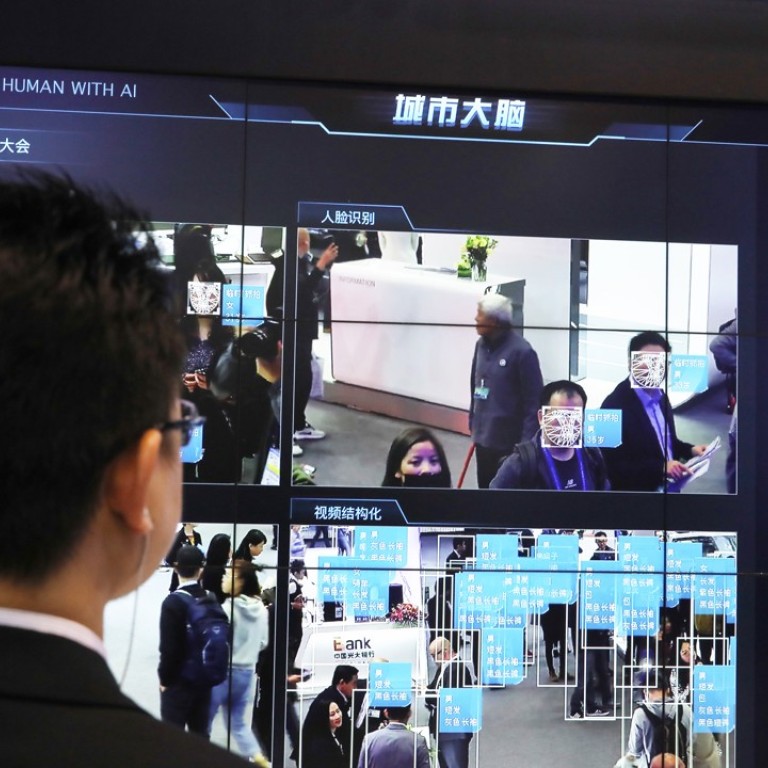
China to boost its ‘national team’ to meet goal of global AI leadership by 2030
- The MIIT has named 17 key areas as priorities for AI development
The Chinese government is recruiting private companies and research institutions with “core technologies” to lead key projects in the development of next generation artificial intelligence technologies as part of its goal to close the AI tech gap with the US by 2030.
The Ministry of Industry and Information Technology (MIIT) has named 17 key areas as priorities for AI development and called on Chinese tech companies and research institutions to participate in the so-called national team to achieve technological breakthroughs.
By “selecting the best from the best”, the goal is to “break the bottleneck of AI technologies, build industrial leaders and cultivate main forces in innovation”, according to a notice published on the official ministry website on Wednesday.
The move to boost China’s national AI team in tackling key projects, from intelligent vehicles and intelligent service robots to neural network chips, comes amid trade tensions with the US that are fuelled by the race for global technology supremacy.
China’s AI ambitions play a key role in its "Made in China 2025" programme designed to move the country’s manufacturing industries – from robotics and aerospace to new materials and new energy vehicles – up the value chain, although Beijing’s top down approach has unnerved the West which considers it state intervention and unfair play.
According to the MIIT notice, called the “Work plan for key projects for the development of next generation of AI”, the Ministry will choose no more than three companies from each of the 17 priority areas and offer them “great support and promotion”.
Since declaring the development of AI a national strategy in 2017, China has recruited five companies – Baidu, Tencent Holdings, Alibaba Group Holding, iFlyTek and SenseTime – to build an “open innovation platform” in their respective fields of AI.
Baidu’s focus is on autonomous driving, Alibaba’s cloud computing division is tasked with a smart city project to improve urban life, while Tencent’s focus is on computer vision for medical diagnosis. iFlyTek, a dominant player in voice recognition, is tackling voice intelligence and SenseTime is working on intelligent vision.
Alibaba is the owner of the South China Morning Post.
Although the US had a head start, China has become an up-and-coming challenger for global AI dominance due to the sheer size of its internet population – about 800 million users – and their willingness to try out new products and services from facial recognition-enabled digital payments to voice-controlled speakers and connected cars.
According to the road map for AI development issued by the State Council, the country is targeting to achieve AI breakthroughs by 2025 and become a world leader with a domestic AI industry worth US$150 billion by 2030.

